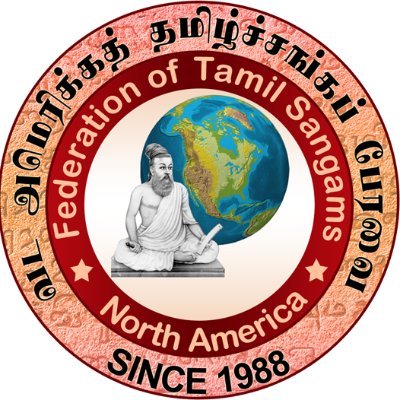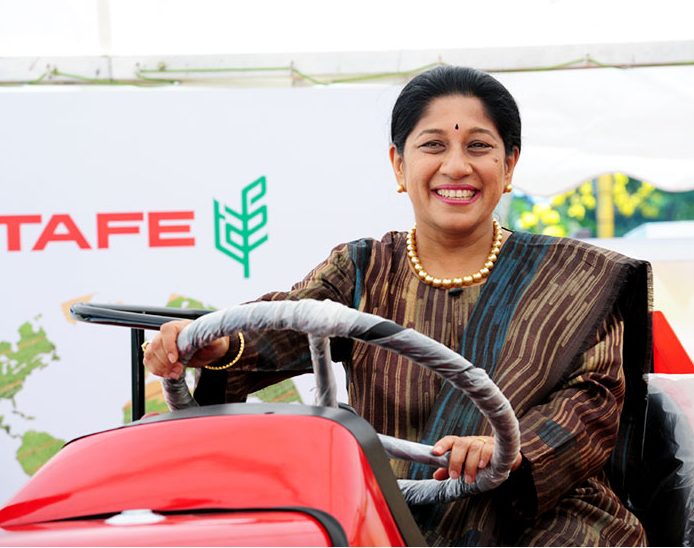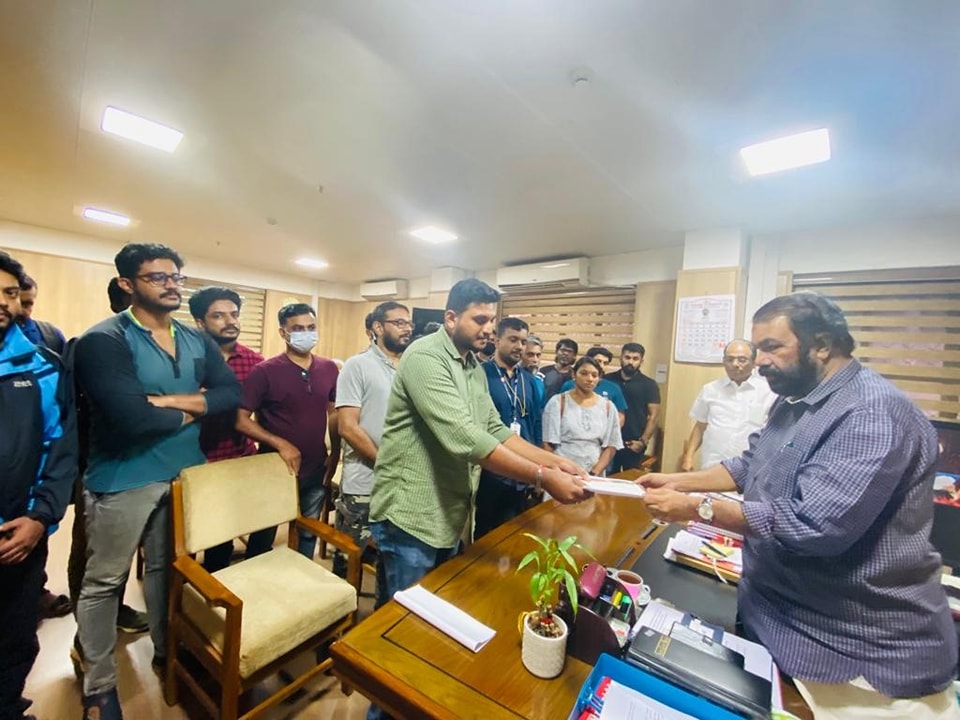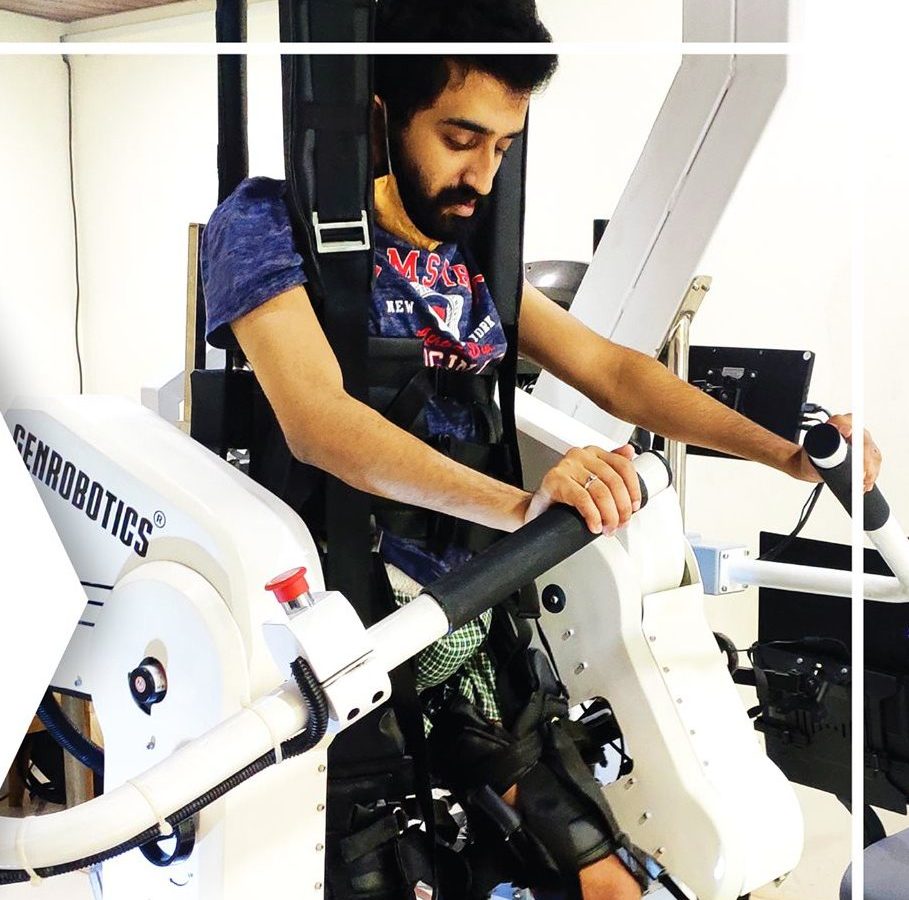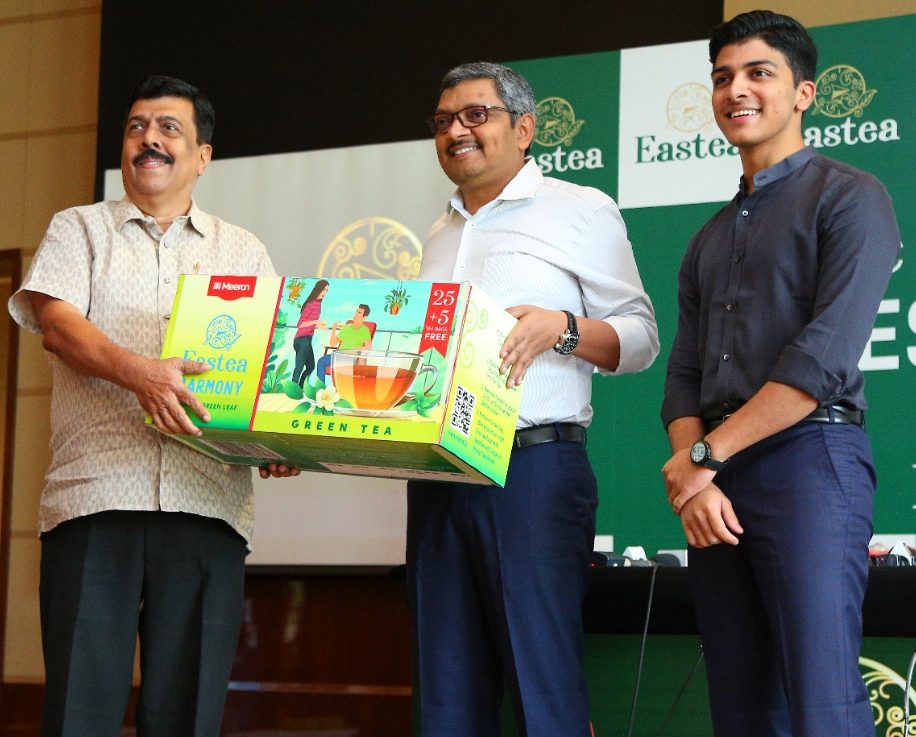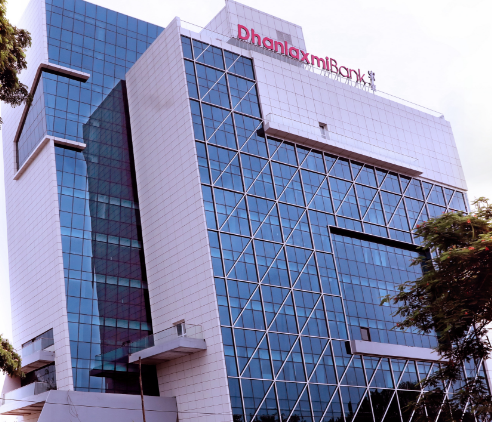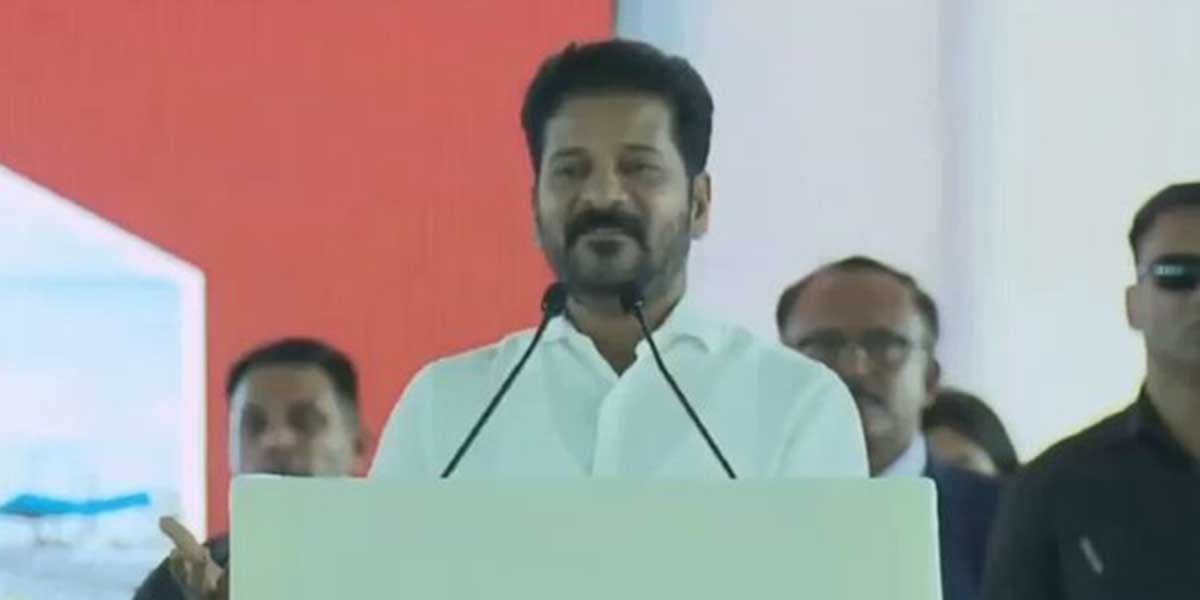


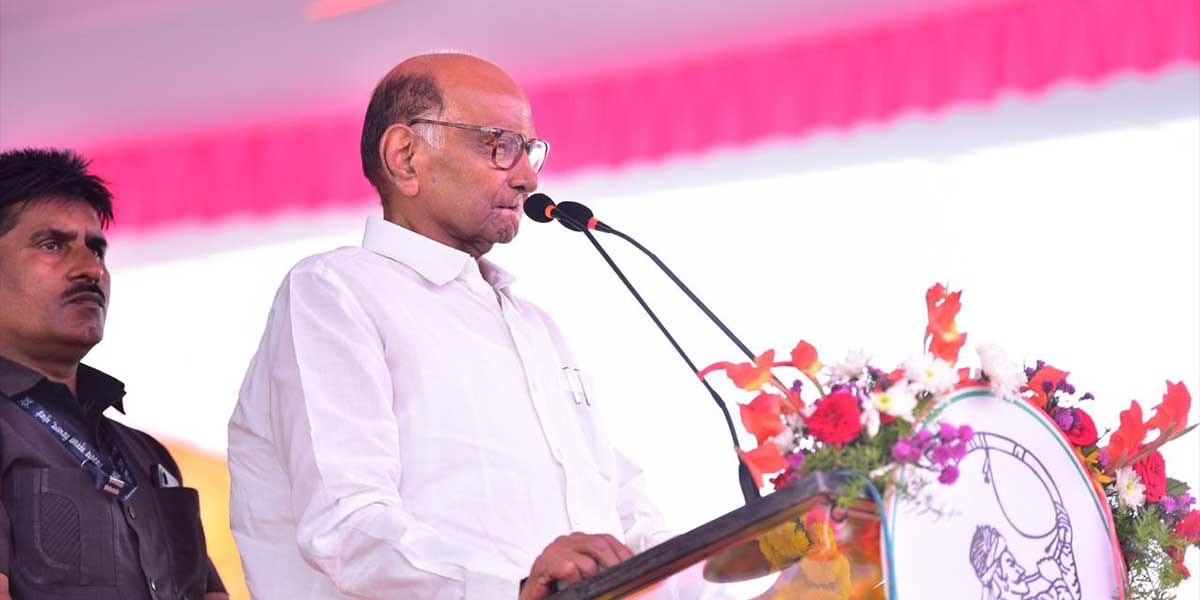
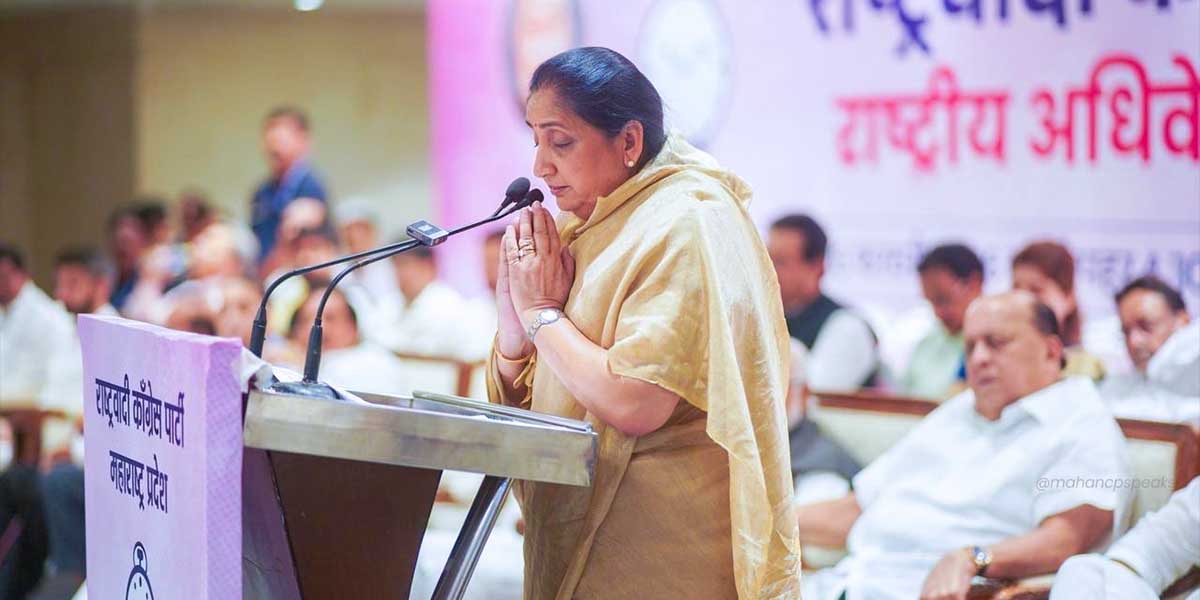

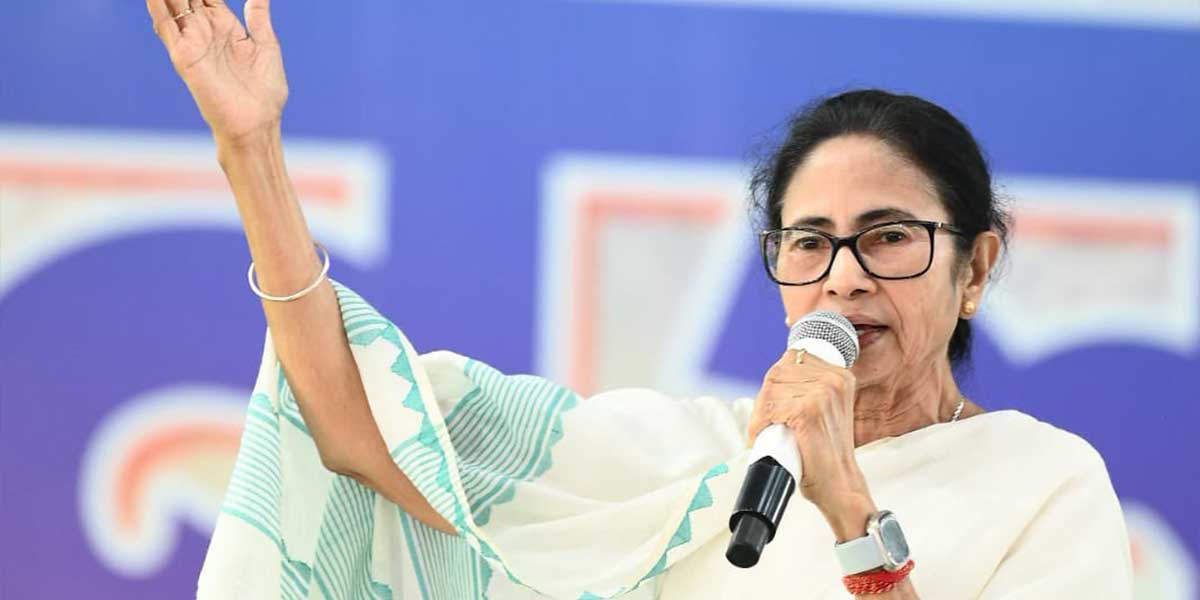

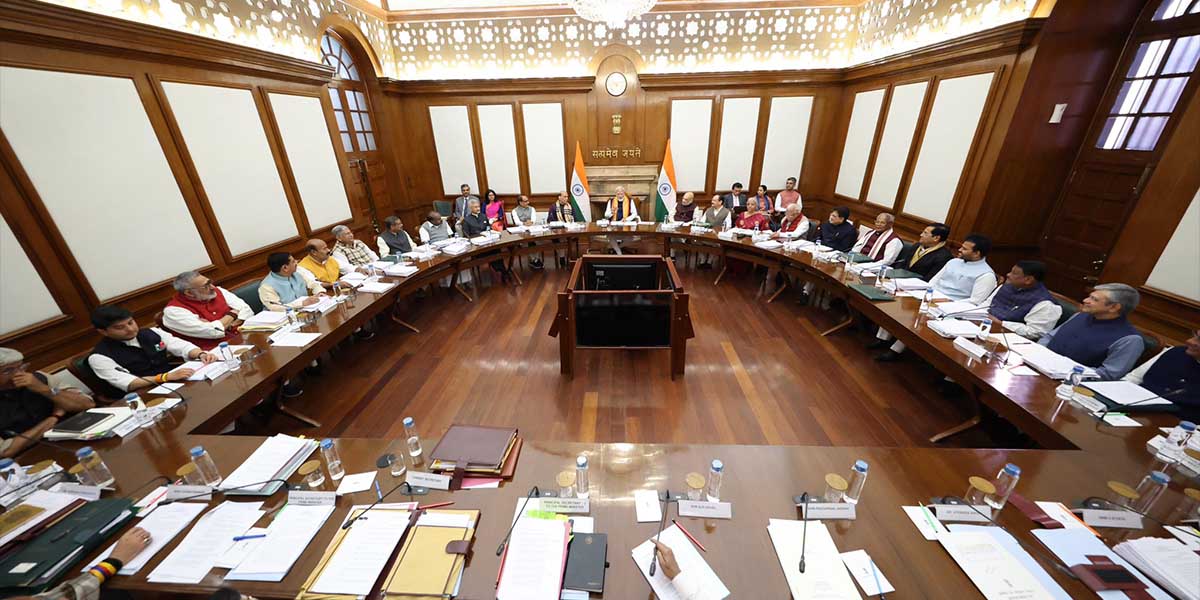
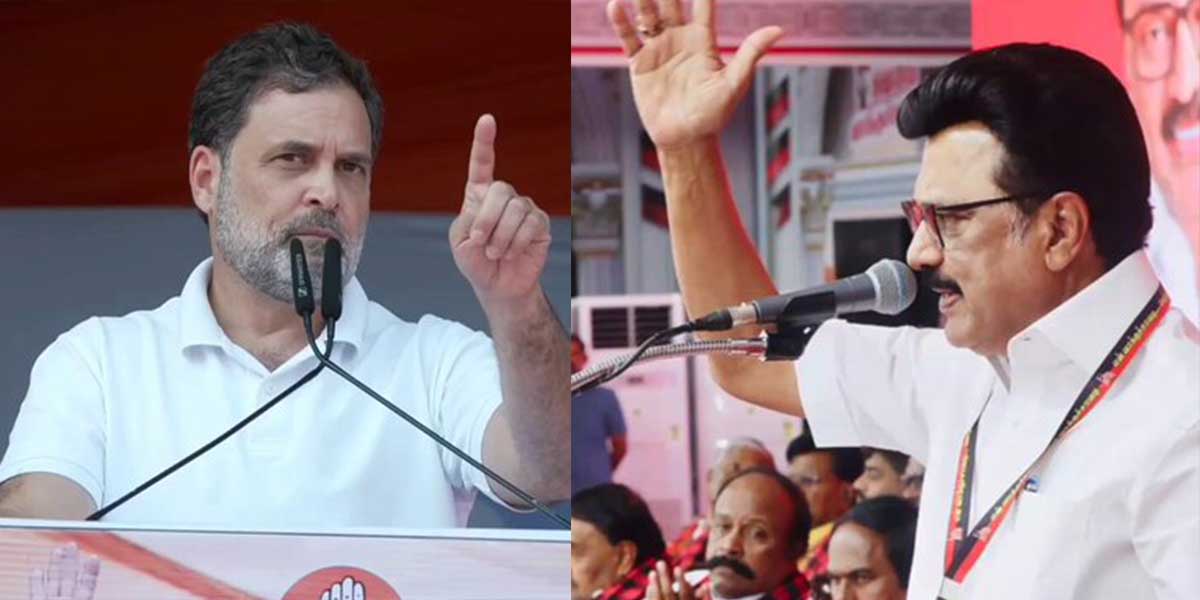
TRENDS & VIEWS
Editor’s Note: Short Post Is Here To Stay…
Time, they say, flies—and how true that is. Here we are celebrating our 5th Anniversary. Five years ago, when Covid-19 was wreaking havoc across the globe, I took a leap of faith and launched Short Post, India’s first website for Authentic Gossip. That was on January 31, 2021. I was convinced there was a clear gap in the market for gossip that was credible, sharp, and impactful—especially if told in just 250 words.
In this, I was fortunate. Scores of senior editors across diverse verticals bought into the idea and, in the process, gave wings to my dream. Quite honestly, Short Post could not have crossed these milestones without the unflinching support of its contributing editors. Like all start-ups, we have seen our share of ups and downs, but these editors have stood by us like a rock. I take this opportunity to doff my hat to them.
Thanks to their commitment, we have published close to 5,000 stories spanning politics, business, entertainment, and sports. I say this with pride: we made our mark as people who matter read us. “Small packs, big impact” truly captures the essence of Short Post.
We all know that Covid-19 has reset businesses worldwide, and the media sector is no exception. In the post-Covid era, investors have become more cautious and selective—and advertisers too. To compound matters, the entry of AI has disrupted the media landscape in equal measure. So far, we have managed to hold our ground, hopeful that some angel investors will take a shine to us.
What gives me confidence is this: AI cannot smell news—especially the gossipy kind. In other words, AI cannot churn out Short Post-type stories, no matter the prompt. That puts us in a safe zone. As someone rightly said, “AI is a co-pilot, not a pilot.”
 Politics
Politics Business
Business Entertainment
Entertainment Sports
Sports Celebrities
Celebrities


